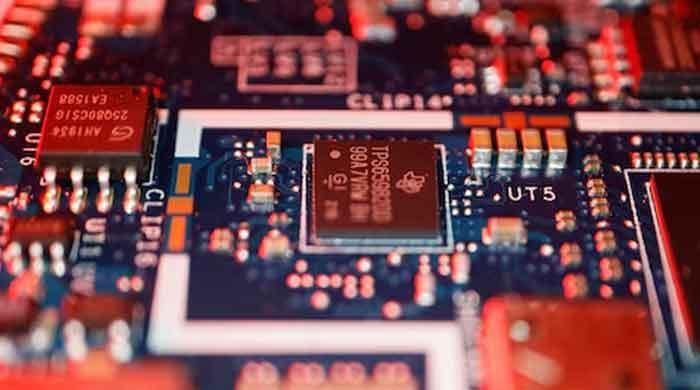Chinese scientists unveil world's fastest flash memory device
PoX has set a new benchmark for semiconductor storage performance
April 20, 2025

A team of Chinese researchers has developed a groundbreaking flash memory device capable of storing data at an unprecedented speed, according to Chinese state media.
At a speed of one bit per 400 picoseconds, the device has set a new benchmark for semiconductor storage performance.
Dubbed PoX, the non-volatile memory technology significantly outpaces even the fastest volatile memory types, such as Static Random-Access Memory (SRAM) and Dynamic Random-Access Memory (DRAM), which typically require 1 to 10 nanoseconds to store a single bit. A picosecond, by comparison, is a trillionth of a second or one-thousandth of a nanosecond.
While volatile memory excels in speed, it loses data once power is cut off, making it unsuitable for low-power or energy-sensitive applications.
In contrast, non-volatile memory like traditional flash retains data without power but falls short of meeting the rapid data access requirements of modern technologies, particularly in Artificial Intelligence (AI) systems.
The research team at Fudan University in Shanghai overcame this limitation by engineering a two-dimensional Dirac graphene-channel flash memory. This innovative mechanism has enabled them to break through the longstanding speed barrier of non-volatile data storage and retrieval.
The team’s findings were published on Wednesday in the journal Nature. Lead researcher Zhou Peng noted, "By using AI algorithms to optimise process testing conditions, we have significantly advanced this innovation and paved the way for its future applications."
A peer reviewer for the journal described the work as "original" and added that "the novelty is enough for designing the potential future high-speed flash memory."











